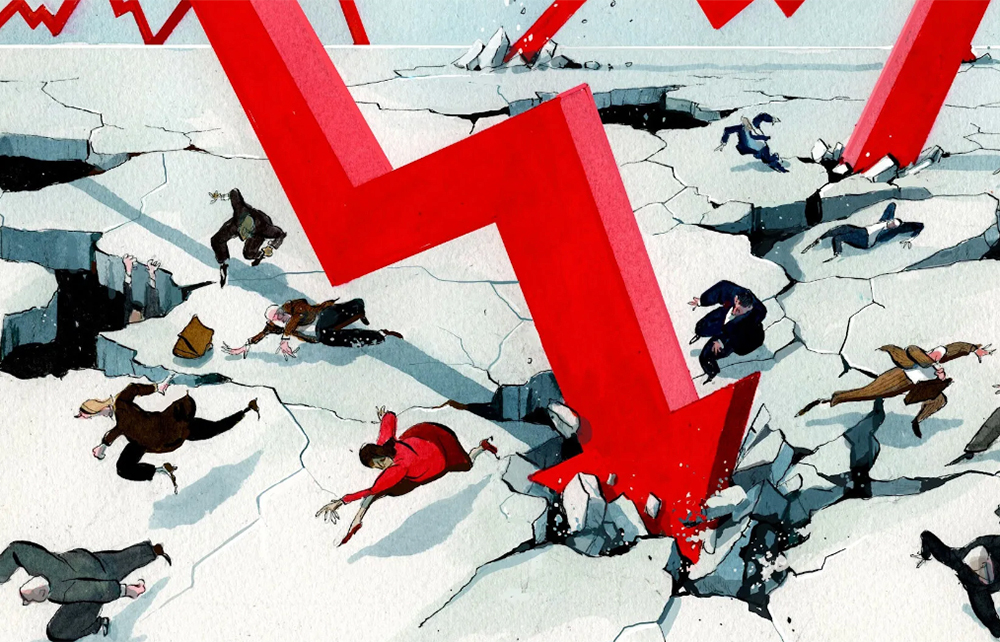The end of the dollar as the world’s reserve currency has been predicted so many times that it is tempting to nod along with Jay Powell, Federal Reserve chairman, who pronounced last week that there is no immediate threat. But with high inflation in the US and China cuddling up with Russia, is it something the world should be taking seriously?
If the dollar was dumped then it would have serious consequences for the global economy. The status of the dollar allows the US to borrow much more cheaply than other countries, allowing it to sustain public debt of more than 100 per cent of GDP for the past decade. If that were to unwind, it would push up the cost of servicing US debt.
Recent developments have made some analysts uneasy. It doesn’t help that American banks have been failing and that Joe Biden has been helicoptering money into households. It’s starting to look like the dollar is being debased for short-term political gain.
Two years ago the IMF pointed out that the dollar has been in decline as a reserve currency all this century. When the euro was introduced in 1999, 71 per cent of currency reserves held by the world’s central banks were in the form of dollars. By 2021, that was down to 59 per cent.
Yet there is no obvious challenger to the dollar. Anyone who hoped the euro would supplant it has been bitterly disappointed: the proportion of global reserves made up of euros has held steady at around 20 per cent for the past two decades. No other currency comes close: in the third quarter of last year, sterling made up 4.6 per cent of reserves; the yen 5.3 per cent. The Chinese renminbi makes up only 2.8 per cent – which is remarkably low considering it is the world’s second largest economy.
The biggest threat to the dollar lies in the renminbi dramatically increasing its modest share, in particular as a result of western sanctions against Russia. While western countries might be boycotting Russian oil and gas, Europe is still buying it in some quantities: China and India are upping their imports. Given western sanctions, Russian oil and gas comes at a discount to other global supplies. These deals are not being settled – as once they might have been – in dollars. The danger is that once the dollar becomes established that countries don’t need it in order to trade, it will provoke a fall in holdings around the world.
Then again, it was not too long ago that Donald Trump was accusing China of currency manipulation by holding too many dollars. The US might relish the advantages that come with having the dollar as the world’s reserve currency, but there is a downside to having an overly strong currency. The US will not worry too much if central banks reduce their holdings of dollars in future: by reducing the value of the dollar it will help make US exports more attractive.







Comments